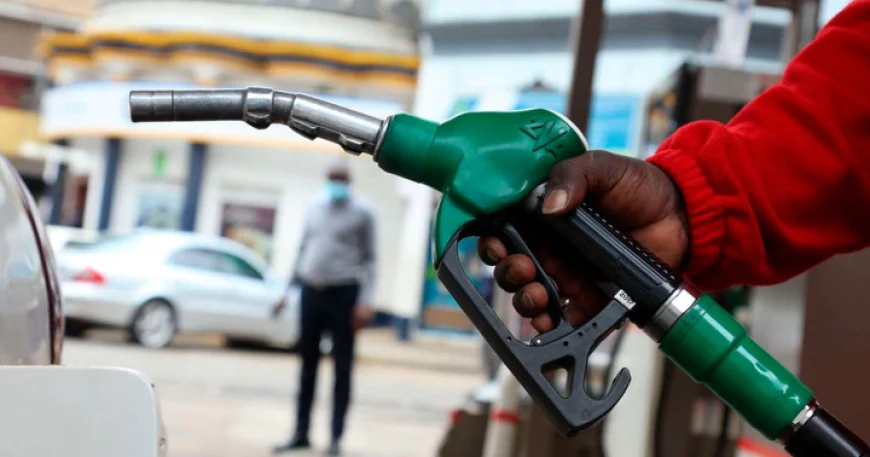Experts Endorse newly approved Fuel Levy, set to take effect on July,16.
Ghana’s newly approved GH¢1 fuel levy—set to take effect on July 16, 2025—has drawn support from economic and energy experts, who emphasize the need for transparent and efficient use of the proceeds.

Ghana’s newly approved GH¢1 fuel levy—set to take effect on July 16, 2025—has drawn support from economic and energy experts, who emphasize the need for transparent and efficient use of the proceeds.
Purpose of the Levy
The levy, part of the Energy Sector Levies (Amendment) Act, 2025 (Act 1141), aims to raise GH¢5 billion annually to help settle $3.7 billion in energy sector debts. It applies to every litre of petroleum products, including petrol, diesel, and marine gas oil.
Expert Views
Prof. Godfred Bokpin, economist and finance professor:
Supports the levy, citing the need for reliable power supply and financial stability.
Stresses the importance of periodic updates on how funds are used.
Warns that without transparency, public trust in government institutions may erode.
Notes that recent currency gains have lowered fuel prices, softening the impact of the levy.
Duncan Amoah, Executive Director of COPEC:
Calls for strict oversight to prevent misuse of funds.
Urges that proceeds be directed solely toward energy sector improvements, not diverted to unrelated projects.
Estimates the levy could generate GH¢400–500 million monthly, making accountability crucial.
Implementation Details
The Ghana Revenue Authority (GRA) will oversee collection.
Fuel stations are recalibrating pumps to reflect new pricing.
The Ministry of Finance says the timing aligns with stable market conditions and recent gains in domestic fuel prices.
This marks a pivotal moment in Ghana’s energy reform efforts. If managed well, the levy could stabilize power supply and reduce legacy debt.


